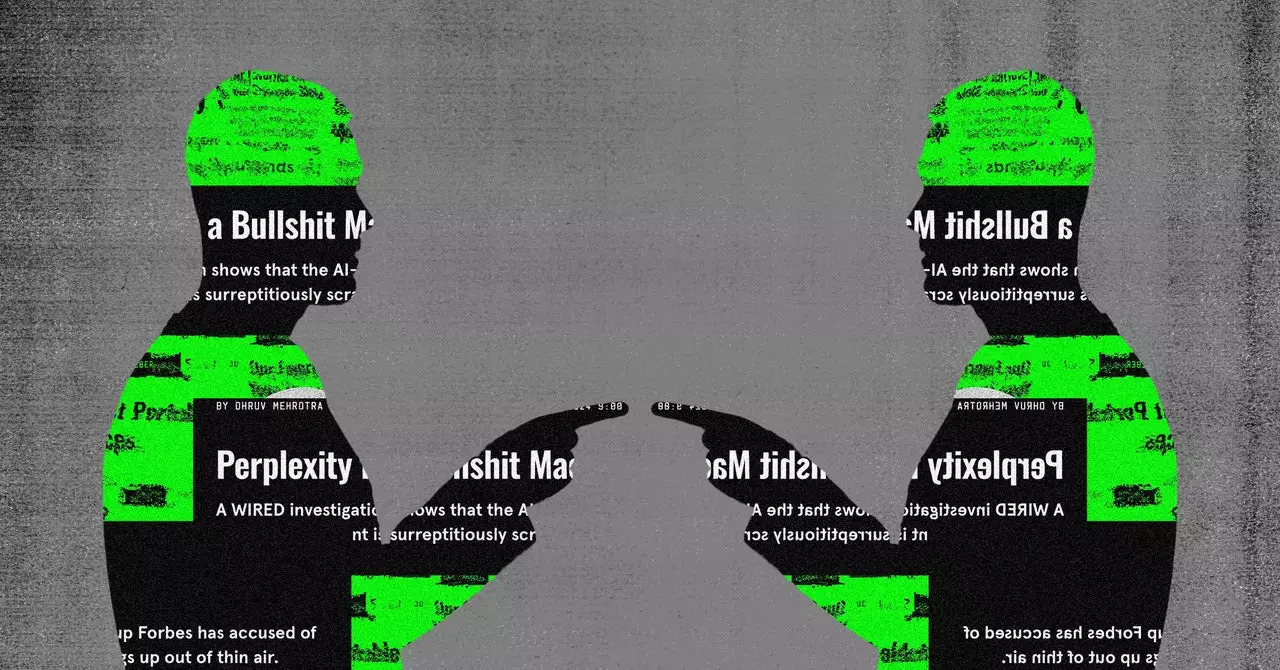In the realm of automated summarization tools, the potential for legal ramifications looms large. As highlighted by experts, there is a delicate balance between accurate summarization and defamatory content. The risk of summarizing a story incorrectly and turning it defamatory is a real concern. Legal expert, Grimmelmann, points out that failure to credit the original source clearly enough could put the creators of these tools at legal risk. This becomes even more problematic if the edits made by these tools contribute to the defamatory nature of the content. Unfortunately, Section 230 does not provide a shield in such cases, as various case law interpretations suggest.
Another area of concern raised by experts is the potential for copyright infringement. The use of another’s expression in a manner that undermines the author’s ability to receive proper compensation raises serious legal questions. While some argue that using one sentence verbatim may not constitute infringement, the broader implications of these practices cannot be ignored. The threshold of substantial similarity necessary for a successful infringement claim is a point of contention among experts. Despite differing opinions, the underlying issue remains – the need for a new legal framework to address market distortions and promote the original intents of intellectual property law.
Beyond the legal implications, there are ethical considerations that must be taken into account. The use of generative AI technologies raises questions about the value of creativity and the protection of creative economies. While AI has demonstrated the increasing demand for creativity, there is a simultaneous risk of undermining the ecosystems that support creators. As highlighted by Viswanathan, a shift towards a more comprehensive legal framework may be necessary to ensure that creators can benefit financially from their work. The challenge lies in finding a balance that fosters innovation while also protecting the rights of original content creators.
As the landscape of automated summarization tools continues to evolve, the need for proactive legal and ethical considerations becomes more apparent. The potential for legal disputes, copyright infringement claims, and ethical dilemmas underscores the importance of reevaluating existing frameworks. The ultimate goal should be to create a regulatory environment that supports innovation while upholding the rights of content creators. In the absence of such measures, there is a risk of eroding the very foundations that enable creative industries to thrive. The future of automated summarization tools hinges on finding a harmonious balance between technological advancement and legal compliance.


Leave a Reply